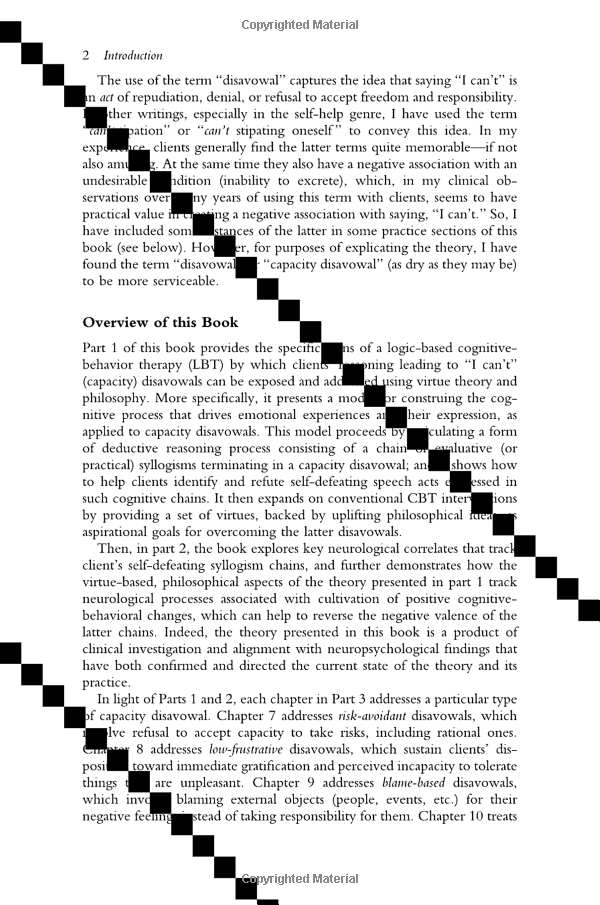### Understanding Conforming and Non-Conforming Loans: Which One is Right for You?
#### Conforming and Non-Conforming Loans: A Comprehensive GuideWhen it comes to securing a mortgage, understanding the differences between **conforming and……
#### Conforming and Non-Conforming Loans: A Comprehensive Guide
When it comes to securing a mortgage, understanding the differences between **conforming and non-conforming loans** is crucial for potential homebuyers. These two types of loans cater to different financial needs and situations, and knowing which one suits you best can save you time, money, and stress in the home-buying process.
#### What are Conforming Loans?
**Conforming loans** are mortgages that meet the guidelines set by government-sponsored entities (GSEs) such as Fannie Mae and Freddie Mac. These loans adhere to specific criteria regarding loan limits, borrower credit scores, debt-to-income ratios, and down payment requirements. Because they conform to these standards, they often come with lower interest rates and more favorable terms compared to their non-conforming counterparts.
One of the key features of conforming loans is the loan limit, which varies by region. For instance, in 2023, the conforming loan limit for a single-family home in most areas of the United States is $726,200, although it can be higher in high-cost areas. Borrowers looking for a mortgage within this limit will find that conforming loans are widely available and often easier to qualify for, making them a popular choice for first-time homebuyers.
#### What are Non-Conforming Loans?

On the other hand, **non-conforming loans** do not meet the guidelines set by Fannie Mae and Freddie Mac. These loans can include jumbo loans, which exceed the conforming loan limits, and loans for borrowers with poor credit or unique financial situations. Non-conforming loans are often considered riskier for lenders, which can result in higher interest rates and stricter qualification criteria.
Borrowers who may benefit from non-conforming loans include those purchasing luxury homes, self-employed individuals with fluctuating incomes, or anyone with a credit score below the typical threshold for conforming loans. While these loans can provide access to financing that might otherwise be unavailable, they often come with less favorable terms.
#### Key Differences Between Conforming and Non-Conforming Loans
1. **Loan Limits**: Conforming loans have set limits, while non-conforming loans can exceed these limits, particularly in high-cost areas.

2. **Interest Rates**: Generally, conforming loans offer lower interest rates compared to non-conforming loans due to their lower risk for lenders.
3. **Qualification Criteria**: Conforming loans typically have more lenient qualification criteria, making them more accessible for average borrowers, while non-conforming loans may require a higher credit score and more documentation.
4. **Flexibility**: Non-conforming loans can be more flexible in terms of down payment and income verification, catering to borrowers with unique financial situations.
#### Which Loan Should You Choose?

Choosing between conforming and non-conforming loans largely depends on your financial situation and home-buying goals. If you are a first-time homebuyer or looking for a home within the conforming loan limits, a conforming loan is likely the best option. It offers lower rates and easier qualification.
However, if you are in the market for a high-value property or have a non-traditional financial background, a non-conforming loan may be more appropriate. While it may come with higher costs, it can provide you with the opportunity to secure the home of your dreams.
In conclusion, understanding the nuances of **conforming and non-conforming loans** can empower you to make informed decisions in your home-buying journey. Always consult with a mortgage professional to explore your options and find the best loan that fits your needs.